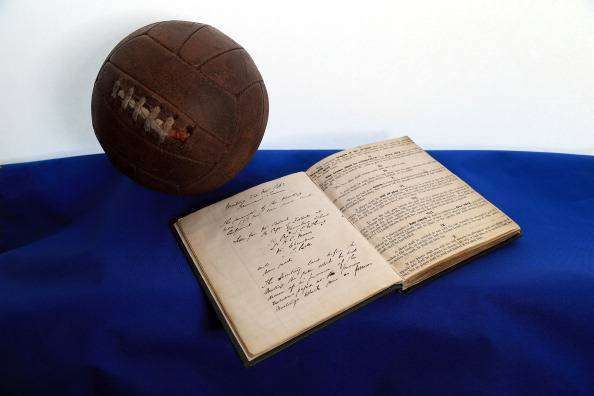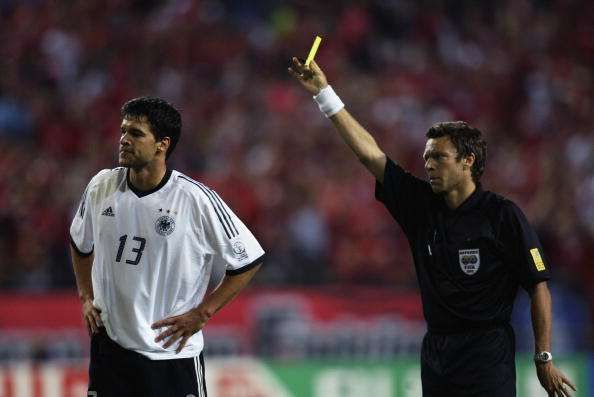
Major rule changes at the Euros over the years
The International Football Association board has introduced a number of rule changes in football which will come into effect in this summer’s European Championships in France.
Players will no longer have to push the ball forward at kickoff, but will be allowed to back pass as well. An injured player as a result of a carded tackle will also be allowed to receive treatment on the pitch.
Referees have been given added power which will enable them to take disciplinary action on players right from warm up.
Other changes in rules coming into effect will be a slight modification of the offside rule, where the free kick resulting from an offside will be taken from the position the offence takes place rather than from where he has been flagged. Players will also be allowed to return immediately to the pitch after an equipment change.
Changes in laws of the game have often come under scrutiny for its efficiency. Some changes, like the offside rule, have been incredibly revolutionary and stand firm to date. Others, like the 10-yard advancement rule or the kick-ins, have been scraped off almost as soon as it was introduced.
Over the years, the Euros, being a major football tournament, also faced its fair share of rule changes, some for the good and others not so much. Here is a look on some of the rule changes which Euros have encountered in the past.
1) Yellow Cards wiped clean after quarter finals
There had been so many instances where players had missed Cup Finals because of suspension. Either the player was sent off in the semis, or had accumulated a second yellow which would see them miss the chance of playing for the trophy.
In the 2002 FIFA World Cup, Michael Ballack had picked up a second booking which would see him ineligible for the final against Brazil. He was the matchwinner in the semis against South Korea, scoring the only goal, but would go on to miss the all important final against Brazil which Germany would eventually lose.
Other notable instances were of Manchester United captain Roy Keane and midfielder Paul Scholes missing theChampions League Final due to suspension. Xavi Alonso of Real Madrid also suffered a similar fate in 2014.
In an effort to allow maximum players to be eligible for the Final, Yellow cards were wiped clean after the quarter final stage for the first time in Euro 2012. This meant that a player could be suspended for the final only if he got sent off in the semis.
A booking would enable the player to start in the final. This move, first introduced in Euro 2012, has seen it being implemented in the Champions League and the FIFA World Cup recently.

